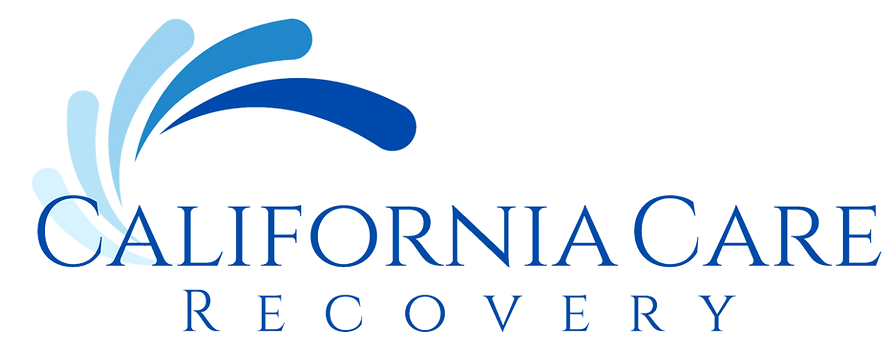Burnout is a common occurrence throughout recovery. Many of the signs of burnout can be similar to the symptoms of depression. Determining if you are depressed or burnt out can significantly impact your treatment plan.
Signs of Burnout
There are a few main signs to watch for that may be a sign you are reaching a point of burnout in recovery. The symptoms of burnout often arise from heightened stress levels for a prolonged period with delayed rewards.
Exhaustion
While it is common to feel exhaustion throughout recovery, exhaustion can be extreme when reaching a point of burnout. It is more than just simply feeling tired, but feeling exhausted from your routine and practices in recovery. It can feel difficult to do anything related to recovery and bettering yourself.
Cynicism
It is common to experience cynicism toward your treatment team, peers, and family members when reaching a state of burnout. As you continue through the recovery process, it may feel that your success is being halted at times. The process of recovery is usually slow and takes a great deal of patience. When your progress begins to slow, it can be easy to blame those supporting you for your slow progression.
It is easier to blame your setbacks on the motives of those around you rather than your motives. As you begin to feel burnout through the recovery process, your motives for success are halted. Your mind may begin to create stories to fulfill your assumption that your support system is working against you. This only reinforces your deep-down desire to quit and give up.
Detachment
Detachment is often seen in individuals who are experiencing recovery burnout. As you stray away from the desire for success, you likely will begin to detach from communicating with those around you and self-isolate. Detaching from engagements with others and habits you have gained through recovery clearly shows burnout. Maintaining motivation can be extremely difficult when detaching.
Key Differences
While each of these symptoms represents the potential of recovery burnout, they also could resemble depression in many cases. How can we differentiate between burnout and depression and ensure we are providing support for the correct one?
When an individual struggles with depression, they will likely show these characteristics as well. The key difference is the symptoms experienced regarding burnout are directly related to the process of recovery. The feeling of exhaustion with burnout is exhaustion directed toward the efforts through recovery. With depression, levels of exhaustion often arise from inconsistent sleep patterns and general feelings of fatigue.
Detachment is a common symptom of depression and burnout but appears in different manners. With depression, detachment often occurs with work, school, social situations, family, and engagement in enjoyable activities. With burnout, detachment occurs within the relationships built within recovery. You may push yourself away from your support system and self-isolate from participating in activities to help you succeed in recovery. This is the same with detachment as well.
Criteria for Depression
While depression has many signs that are similar to signs of burnout, there are some key factors that may portray depression. One of the main indicators that you are struggling with depression rather than recovery burnout is the length of time the symptoms are present. With burnout, making alterations to your recovery plan and adjusting your routine, mindset, and motives can help you to reset and have a fresh start in recovery mentally.
If you are struggling with depression, the changes to your recovery program alone will likely not be enough to counteract the effects. If you find that you have attempted to adjust your recovery plan multiple times and cannot escape these symptoms, you likely are dealing with depression rather than burnout.
With burnout, many of the negative feelings that arise are blamed upon others. Another way to determine if you are dealing with depression is to observe your thoughts and emotions toward yourself. If you find that many of your negative emotions are based upon your viewpoints, you likely are dealing with depression.
Ask For Help
Whether you find yourself to be struggling with depression or burnout, some adjustments should be made to suit your need throughout recovery. If you are struggling with burnout, implementing new techniques and working to redevelop trust with your treatment team are both important to focus on. By discussing potential options, you can adjust your recovery plan to give you a fresh perspective on recovery.
If dealing with depression, looking into a recovery program that focuses on dual diagnoses is highly recommended. As dealing with substance abuse is important, addressing your mental health and ensuring you are taking steps toward a healthy state of mind is important. Reach out to your treatment team with any concerns and ensure you are in the proper placement for recovery.
Depression and burnout share many similarities and can be hard to differentiate. Burnout is often viewed to have three main symptoms involved. Exhaustion toward recovery progression, cynicism towards your support system, and detachment from treatment are all common to experience when dealing with burnout. While these signs can occur with depression as well, depression often lasts longer. Attempting to adjust your recovery plan to overcome burnout can help you determine if you are dealing with burnout or depression. If your attempts to overcome burnout fail and you continue experiencing symptoms of depression, a program focusing on dual-diagnosis may be recommended. While recovery burnout is not an official diagnosis, it can be hard to identify. It is important to adjust your recovery plan to suit your long-term needs. Reach out to California Care Detox & Treatment to learn more at (949) 281-0632.
